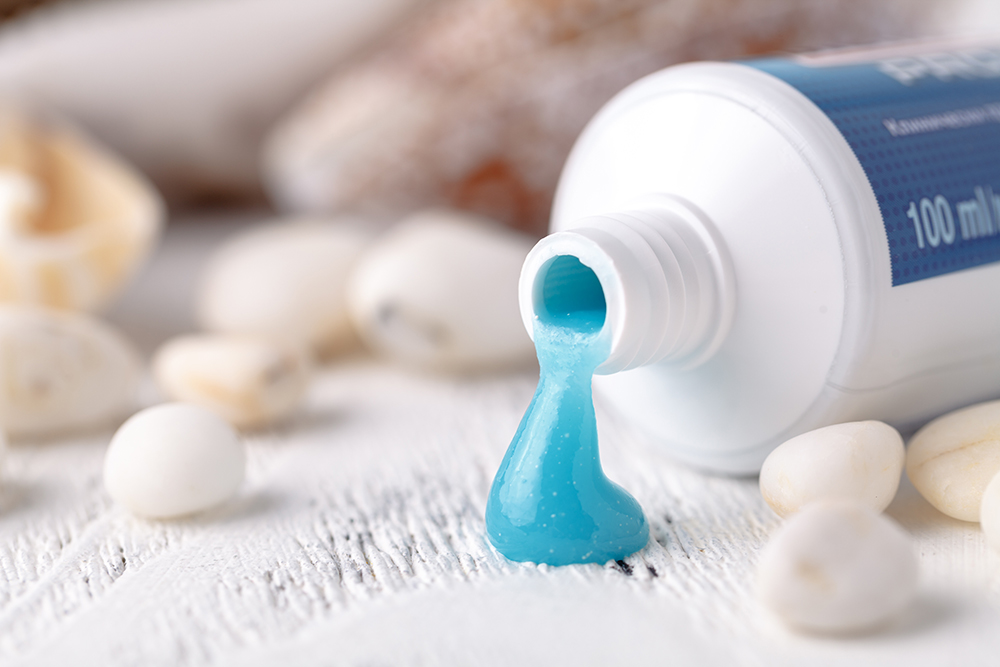Can You Have Too Much Fluoride?

Fluoride is a mineral found naturally in water, plants, soil, rocks, and even the air. Touted by the American Dental Association (ADA) as “nature’s cavity fighter,” fluoride is commonly used in dentistry to strengthen tooth enamel and make it more resistant to decay. The question is, can you have too much fluoride?
What Are the Benefits of Fluoride?
Fluoride is beneficial to teeth in many ways. It strengthens them and helps make them more resistant to decay by slowing down the loss of minerals from the tooth enamel. It also helps make the teeth more resistant to acid attacks and prevents the growth of harmful oral bacteria. Better yet, fluoride helps rebuild or remineralize weakened tooth enamel and can even reverse the early signs of tooth decay!
Can You Have Too Much Fluoride?
Fluoride is safe and effective when taken as directed, but extremely high doses can lead to side effects, including the following:
- Dental Fluorosis: Also known as mottled teeth, this cosmetic concern develops only in young children exposed to excessive amounts of fluoride while their teeth are still developing, usually under eight years old. It is characterized by teeth stains and pitted regions.
- Skeletal Fluorosis: Extreme fluoride intake in a short time can lead to a rare condition known as skeletal fluorosis. It is characterized by brittle bones that may reshape or bend, causing significant pain.
- Health Concerns: Excessive fluoride intake has been linked to rare health complications, including thyroid problems, high blood pressure, acne, abdominal cramps, and seizures. Too much fluoride exposure before birth, while the brain is developing, may also lead to poorer cognitive outcomes in the future.
How Can You Avoid Having Too Much Fluoride?
It is almost impossible to consume hazardous levels of fluoride through home-based fluoride-containing products. However, to ensure you and your loved ones get maximum fluoride protection without any unwanted side effects, talk to your trusted team at Afton Dental. We will evaluate your fluoride intake and make any needed recommendations.
When it comes to children, there are some things you can do to help. Avoid using fluoridated toothpaste for children under two. At around age three, use a tiny, pea-sized amount of toothpaste and steer away from fluoride mouth rinses. You’ll need to monitor brushing time until at least age five or six when you are confident that your child has mastered spitting and rinsing. Keep the toothpaste out of reach of young children to prevent accidental swallowing. Most importantly, maintaining your child’s routine dental exams will ensure that we identify any tell-tale signs of excessive fluoride intake.
Quality Preventive Care Near Me
Contact Afton Dental in Concord, NC, to learn more about maintaining adequate fluoride levels for long-term healthy smiles. You can always count on our caring team for outstanding care and services. Call us and schedule your appointment today!
